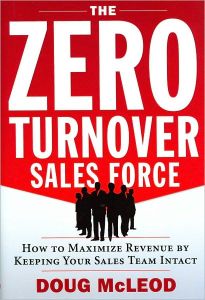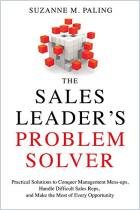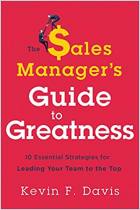Join getAbstract to access the summary!

Join getAbstract to access the summary!
Doug McLeod
The Zero Turnover Sales Force
The How to Maximize Revenue by Keeping Your Sales Team Intact
AMACOM, 2010
What's inside?
To keep your sales force together, you have to defeat the “12 assassins” of sales-force stability.
Recommendation
Even though sales executives abhor disruptive sales-force turnover, they often accept the constant churn as unavoidable, like death and taxes. Sales veteran Doug McLeod thinks otherwise. He sees sales-force stability as eminently achievable and offers recommendations for fostering it, though not all of his suggestions seem practical. For example, he advises sales managers to invite job applicants to call for five-minute interview appointments during a specified 45-minute window. If more than a few people apply, that could overload your phone system and wash away good applicants. Overall, however, McLeod aptly explains why “Old School” methods of recruiting, managing, compensating and motivating salespeople no longer work. His enjoyable, cleverly written text spares no sacred cows or trusted icons, and his 12 retention factors make perfectly good sense. When it comes to keeping top salespeople, getAbstract believes McLeod’s book gives sales executives a good rundown on what really works.
Summary
About the Author
Doug McLeod has many years of experience in numerous areas of business, including sales, sales management and marketing.






















Comment on this summary